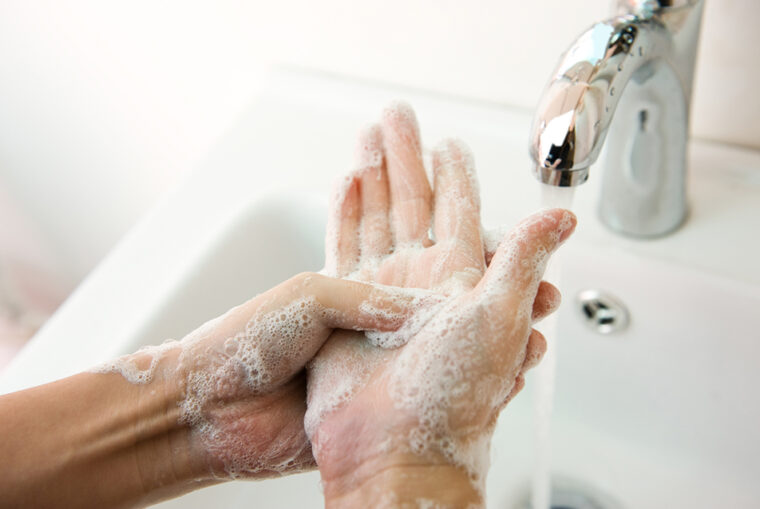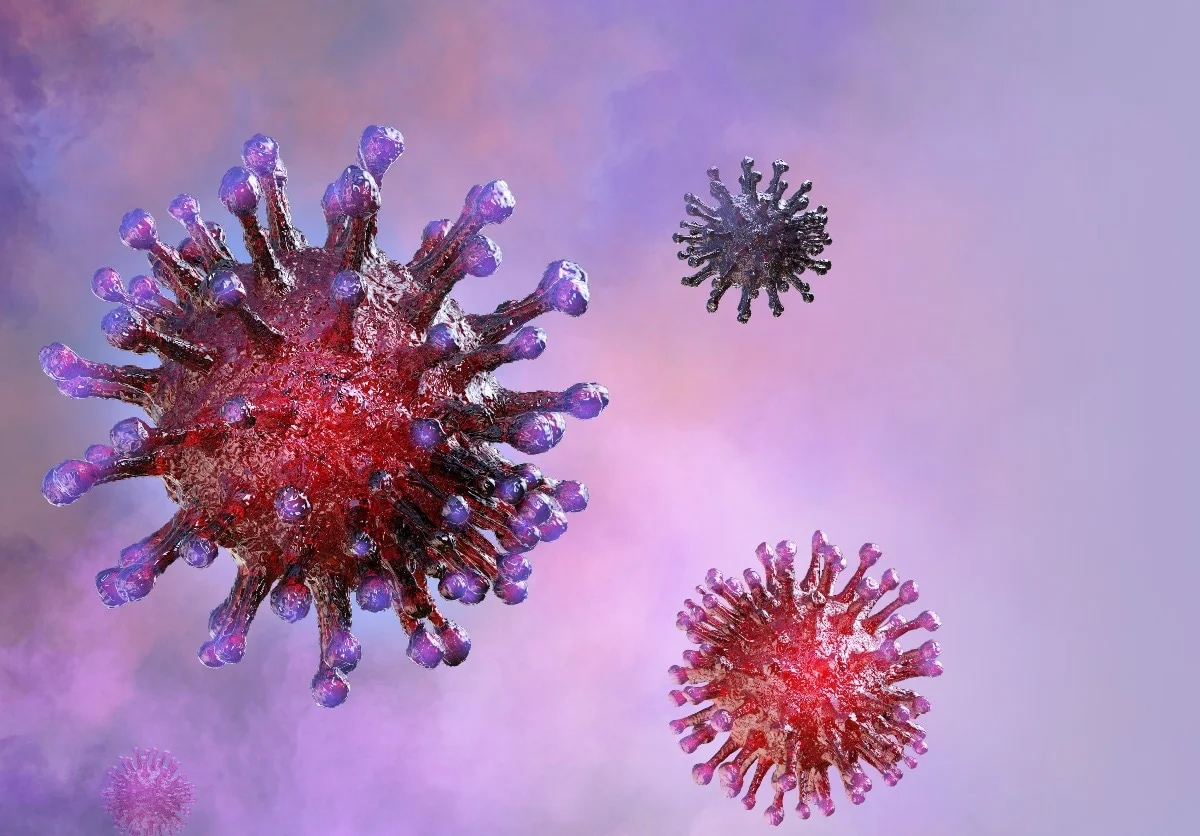Whether you’re in the peak of flu season or are in the most enjoyable months of summer, it’s important to take actions to control the spread of infectious illnesses in your house. Not only will your family be healthier and happier, but you’ll also play a critical role in reducing the overall spread and severity of various diseases.
How do you do this?
How to Reduce the Spread of Infectious Illnesses in Your House

Before anyone gets sick, you can use these strategies to mitigate the spread of bacteria and viruses:
- Upgrade and stock the bathroom. The bathroom is often a hotbed for spreading illnesses, since it’s a place where people deal with various bodily fluids – and it’s a place where everyone goes eventually. Upgrading the bathroom and keeping it well stocked will ensure people follow more hygienic practices. For example, bidet attachments offer much more hygienic clean than the use of toilet paper. The ready availability of fragrant soap and soft hand towels will also encourage more active hand washing.
- Use soap and water to wash hands regularly. Washing hands with soap and water is the best way to get rid of germs. If you wash your hands several times a day, you might be able to stop the spread of germs in their tracks. Encourage everyone in the house to wash with soap and water routinely.
- Wipe down regularly touched surfaces. Make an effort to wipe down regularly touched surfaces. These include things like doorknobs, countertops, and the handles on faucets. Disinfectant products will kill most bacteria and viruses on the spot.
- Immunize when appropriate. Whenever appropriate to do so, get immunizations against currently circulating diseases. Vaccines for contagious illnesses are often safe, effective, and inexpensive.

After someone in your house gets sick, these steps can prevent the illness from spreading to others:
- Create space and distance. The sick person should attempt to create space and distance between themselves and others. Quarantining in a bedroom isn’t fun, but it is better for everyone else’s health. Avoid hugs, kisses, and other forms of close contact.
- Cover your mouth when coughing/sneezing. The simple act of covering your mouth when coughing or sneezing can make a big difference in the spread of infectious diseases. This prevents infected water droplets from dissipating in the air, thus mitigating the risk of other people breathing them in and getting infected.
- Use OTC medications when appropriate. Over the counter (OTC) medications don’t cure your illness, but they do stave off symptoms like coughing and sneezing. In addition to making a person feel better, this can make the disease harder to spread.
- Be cautious with pets. People often spread diseases through pets; a sick person may unwittingly pat the dog on the head, leaving germs behind for the next friendly human to pick up. Regular hand washing can help mitigate the risk here.
- Ventilate. Many infectious diseases travel through the air, so improving air circulation and getting more fresh air can make the spread much more difficult. Consider opening your windows, using fans, and implementing air purifiers to ventilate and improve the overall indoor air quality. Better yet, spend more time outside when the weather allows.
- Use disinfectant spray. Aerosolized disinfectant spray can kill germs in the air, so use it periodically to combat this illness.
Additional Tips to Stay Healthy

These additional tips can help you stay healthy before, during, and after any illness:
- Eat lots of fruits and vegetables. Fruits and vegetables are full of fiber and micronutrients that can strengthen your immune system and help your body recover faster. It’s one reason why soup is such a common choice for people who are sick.
- Regularly exercise. Physical exercise is great for your overall health and is capable of boosting your immune system. You may not feel like exercising once you’re already sick, but if you exercise regularly, you’ll stay in much better shape and the duration of your illness will be shorter.
- Get plenty of sleep. Adequate sleep is essential for a healthy immune system. Adults should aim to get between 7 and 9 hours of sleep every night. This is even more important once you’re actually sick, since sleep allows your body to recover.
- Reduce stress. Stress weakens your immune system and makes it harder for you to fight off diseases. Reduce the stress in your life or find effective ways to cope with it.
Improving the cleanliness and hygiene of your home can help you prevent most infectious diseases and mitigate the spread of others. Following the advice in this guide can help to keep your family safe and healthy, and potentially play a small role in improving health outcomes in your area.
